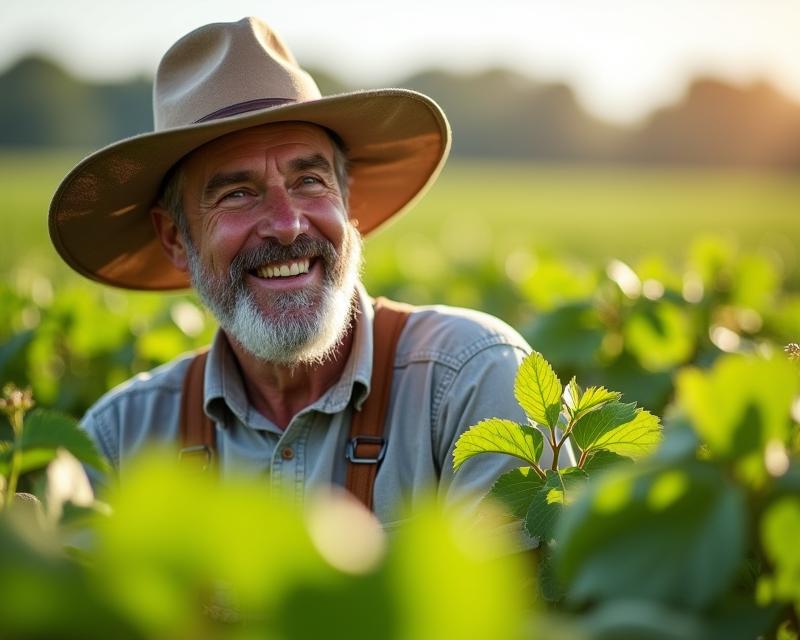Less Pesticides, Healthier Farms
Publish in Sustainable Farming el 03/07/2025 17:18
Less Pesticides, Healthier Farms
As farmers, gardeners, and ranchers, we all want to produce healthy food. But have you ever stopped to consider the impact of pesticides? While they can seem like a quick fix for pest problems, overuse can have serious consequences for both our health and the environment. Let's explore why reducing pesticide use is so important and what we can do about it.

The Problem with Pesticide Overuse
Pesticides are designed to kill pests, but they don't always discriminate. Many can harm beneficial insects like bees and butterflies, which are crucial for pollination and a healthy ecosystem. They can also contaminate soil and water sources, impacting wildlife and potentially entering our food chain. Think about it: a healthy farm isn't just about the crops we grow; it's about the entire ecosystem that supports them. Over-reliance on chemicals disrupts this delicate balance.
Impact on Human Health
The effects of pesticide exposure on human health are a growing concern. Exposure can occur through direct contact during application, consuming contaminated food or water, or even through air. Long-term exposure has been linked to various health problems, including neurological issues, respiratory problems, and even certain types of cancer. It's a serious responsibility to protect ourselves and our families from these risks. Understanding the potential dangers is the first step towards safer farming practices.
Sustainable Alternatives: A Path Forward
The good news is there are many ways to reduce or eliminate pesticide use! Integrated Pest Management (IPM) is a popular approach that combines various strategies, including crop rotation, introducing beneficial insects, using resistant crop varieties, and employing physical barriers. Crop rotation, for example, can disrupt pest life cycles and prevent buildup in the soil. Beneficial insects, like ladybugs and lacewings, are natural predators of many common pests. There are also many organic pesticides available, derived from natural sources, that can be used as a last resort. Investing in these methods can lead to healthier crops, a healthier environment, and a healthier you!
Resources for Learning More
Numerous resources are available to help you transition to reduced or pesticide-free farming practices. Your local agricultural extension office is a great place to start. Organizations like the Organic Trade Association and the EPA also offer valuable information and support. Making the shift may require some initial effort, but the long-term benefits for your farm, your community, and the planet are well worth it.
- Agricultural Extension Office
- Organic Trade Association
- EPA (Environmental Protection Agency)





